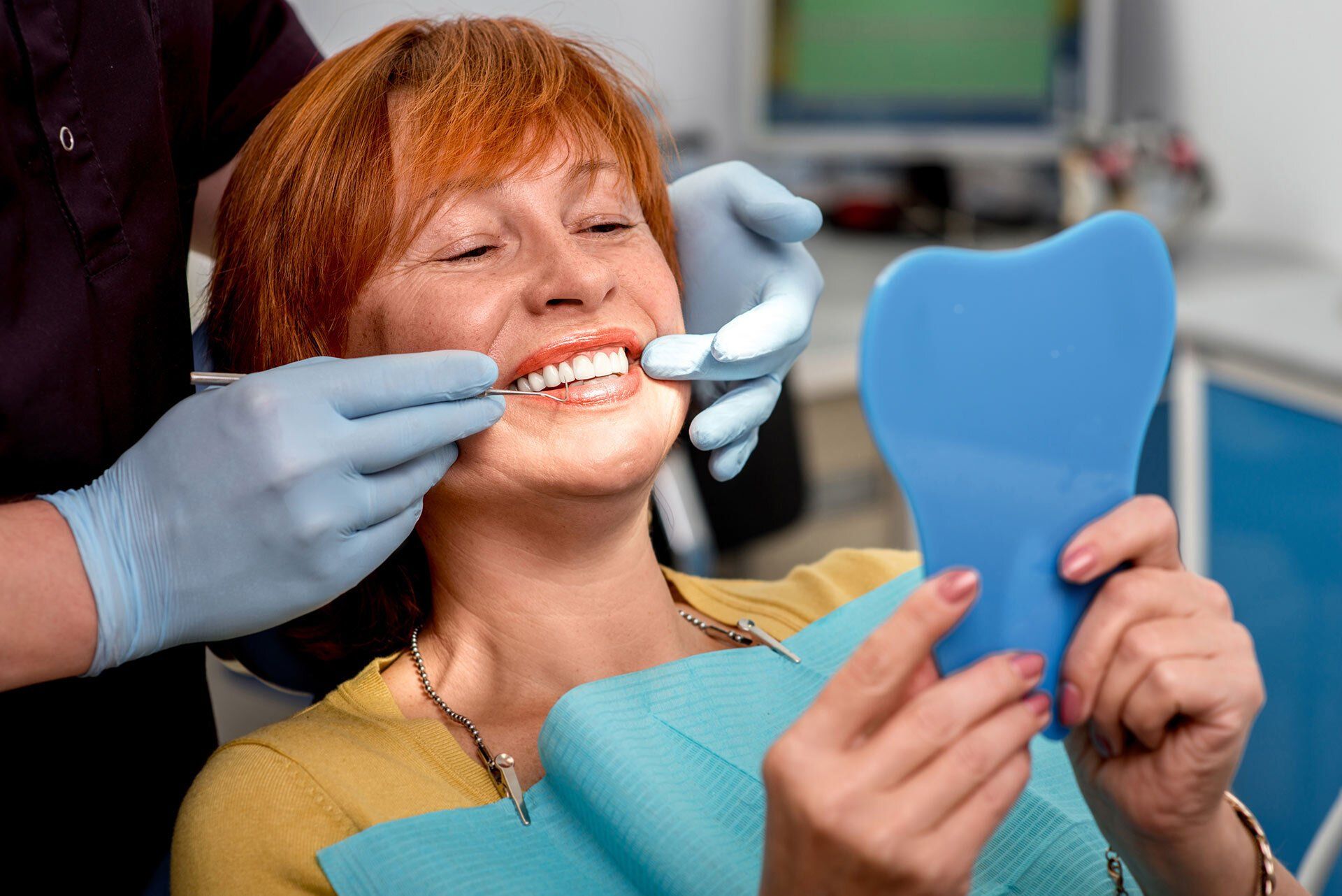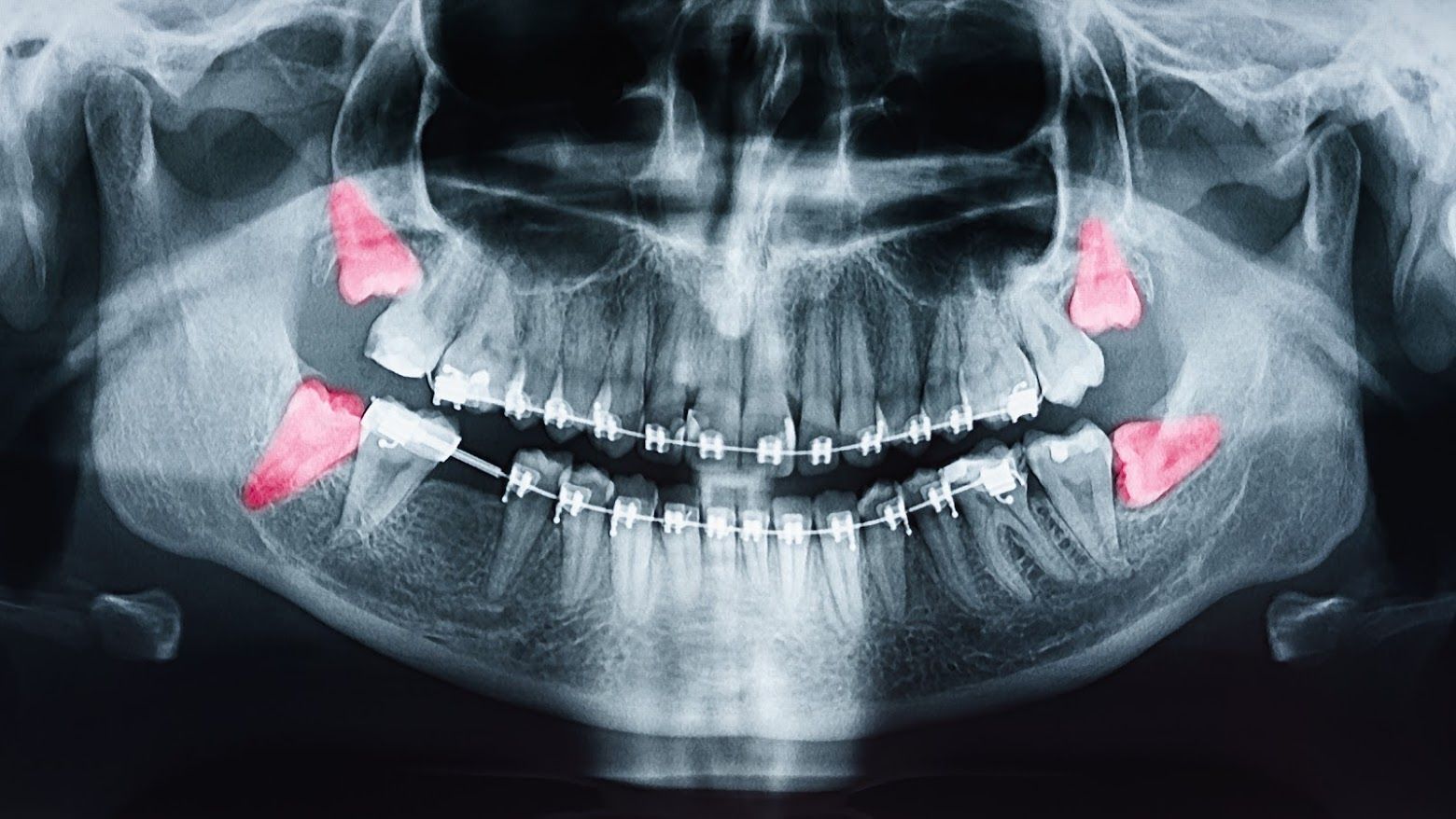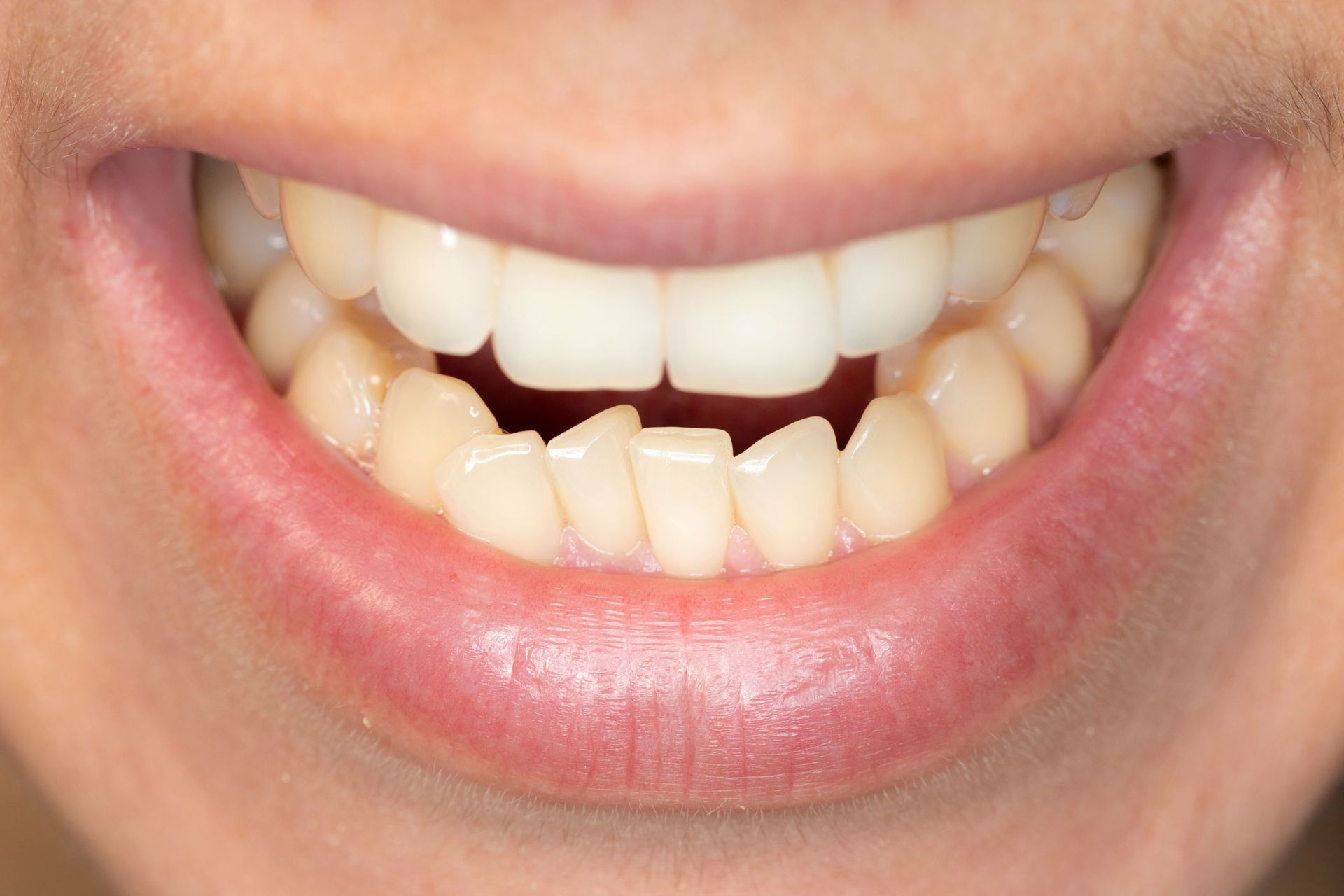Lancaster Office
Hershey Office
Lititz Office
Factors That Influence Your Long Term Dental Implant Success

Dental implants are an excellent tooth restoration alternative. They function like natural teeth and allow patients to have confidence in their smile as well as restore chewing ability. Implants are comprised of a titanium alloy and are well accepted by the body. They replace missing teeth, but must be cared for like natural teeth as well. Neglect can result in bone loss and implant failure. There are several key factors that will increase the probability of success of your dental implants that should be considered both prior to and after implant placement.
Experience of Your Surgeon
When considering implants, you should choose a specialist with training and experience that allows for quality management of your care. If you were having your gallbladder removed, wouldn’t you want the surgeon that does that particular surgery on a daily basis multiple times a day?!? Why would you think differently when choosing to have your dental implants placed? Dealing with unskilled “weekend warriors” may result in unnecessary dental implant failures. When you have a consultation with your doctor it is important that you ask any questions that you may have and feel comfortable with the answers you are given. Experience is key, and at Conestoga Oral Surgery our surgeons place over 2,000 implants per year.
Good Hygiene
Maintaining proper oral hygiene is crucial not only immediately after surgery, but also in the long term as well. After surgery, many patients are worried heavy brushing/flossing may hurt the implant, but keeping the site clean reduces the chance of plaque/calculus build-up and infection. Oftentimes, after your implant is placed at the bone level, a healing cap (abutment) is placed into the implant that emerges from the gum tissues. This small “mushroom cap” should be brushed daily. Once your implant is restored with a crown by your general dentist, the crown should be brushed and flossed just like your natural teeth.
Ask your surgeon for tips on maintaining good oral hygiene after your operation. Your dentist might recommend using a soft-bristle toothbrush that can be gentler on the surgical site. During the healing phase a sonic/electric toothbrush can be used, but turning the vibration off is recommended at the site until a final crown is placed.
Smoking and Tobacco Use
We all realize the negative effects that smoking has on our overall health, but many people don’t realize that smoking can effect teeth as well. Smoking is one of the leading causes of tooth loss and periodontal disease and may result in higher infection rates and poor healing. It also has a direct impact on the success of your implants.
Many surgeons recommend or require smoking cessation (quitting smoking) prior to implant placement for at least 2-3 months prior to surgery. Not smoking after the implants have healed will also increase the likelihood of longevity of the implants that you have financially invested in.
Bone Quality
The density of the bone at an edentulous site is an important aspect impacting the strength of dental implants. For the implant to osseo-integrate, good quality bone is crucial. Through clinical evaluation and radiographic assessment (3-D scan) your surgeon is able to determine the quality of bone and whether implants will be supported at that particular site.
Once a tooth is extracted, the bone begins to deteriorate at the site within weeks. For this reason, your surgeon may suggest placing bone graft at the extraction site to not only build new bone, but also maintain good bone stock at the site until an implant is placed. This bone graft is likely human bone from a donor and is very safe and effective. A xenograft (cow bone) can also be used. Once the implant has been placed and restored, it will stimulate the bone at the site when chewing and the patient will be able to maintain excellent bone width and height for a long time.
There are times that patients, particularly older women, are placed on bisphosphonates as a treatment for osteoporosis. It is very important that you speak with your surgeon about what medications you are taking as these will dictate treatment moving forward. On occasion, IV bisphosphonates, which effectively treat low bone mass, may prevent implant placement. This is a detailed discussion you should have with your surgeon at the initial consultation.
Chronic Medical Conditions
There are many chronic medical conditions that can affect healing. In particular, uncontrolled diabetes can affect healing and place a patient at risk for infections. Tight glycemic control with medications and watching your diet is very important. Diabetes itself is not a hindrance when it comes to dental implants as long as the disease is well-controlled. Your HbA1C is a long range assessment of your diabetes that is completed with a simple blood draw. Your surgeon may ask you to provide your latest HbA1C prior to implant placement. If the HbA1C is abnormally high, a delay in implant placement will allow a patient to monitor their food intake and better control their diabetes, thus lowering the HbA1C after about three months.
Another “at risk” patient population are those that have undergone head and neck radiation for cancer. Multiple high doses of radiation to the jaw bone will affect the health of the bone and may place a patient at risk for ORN (osteoradionecrosis). Good oral hygiene and frequent visits to the dentist are crucial for these patients to maintain their teeth and prevent extractions. Unfortunately, dental implants are risky for these patients as placing the implant may result in ORN.
Maintaining a Healthy Diet
Having a well-balanced diet is good for your overall health and will also aid in the healing process. Initially after surgery, a soft diet will be necessary for about 1-2 weeks. Eating chewy, crunchy, or hard foods in the first couple weeks can increase risk of losing a suture or place stress on the implant. Keep in mind that soft foods are often very high in sugar. The following are several low sugar options that you may choose from:
- Bone Broth
- Low Sugar Yogurt
- No Sugar Added Applesauce
- Sugar-free Protein Shakes
- Sugar-free Jello
- Miracle Noodles
- Cauliflower “Mashed Potatoes”
- Steamed Vegetables
- Pressure Cooked Meats
- Flaky Fish
- Mashed Avocados
- Eggs
- Nut Butters
Dental implants benefit individuals who have lost teeth or have a compromised dentition. To promote long-term success and enable good healing it is important for the patient to maintain good health both pre-operatively and post-operatively. Do not hesitate to contact us to schedule a consultation at Conestoga Oral Surgery. At your visit, you will meet one of our helpful surgeons that will guide you through the process step by step and answer all of your questions along the way.
- Mon - Thu
- -
- Friday
- -
- Sat - Sun
- Closed














